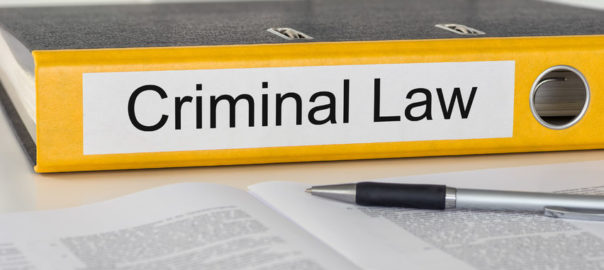Successfully navigating Batson v Kentucky could help you defend against racial bias in a trial. In any criminal trial, a fair and impartial jury is essential to upholding a defendant’s constitutional rights. But what happens when attorneys use jury selection to exclude jurors based on race? The United States Supreme Court addressed this issue in the landmark case Batson v Kentucky, establishing a legal framework to prevent racial discrimination during jury selection. For defendants in Tulsa criminal trials, understanding how Batson works can be critical to protecting their rights.
What Is Batson v Kentucky?
In Batson, the Supreme Court held that the Equal Protection Clause of the Fourteenth Amendment prohibits prosecutors from using peremptory challenges to exclude potential jurors solely on the basis of race. Peremptory challenges allow attorneys to strike jurors without stating a reason; however, Batson established guidelines to prevent those strikes from being used for racial discrimination.
The Batson Framework: Three Steps
The Court established a three-step process to evaluate claims of race-based jury exclusion.
- Prima Facie (at first sight) Showing:
The party objecting to the strike (usually the defense) must make a prima facie case that the peremptory strike was made on the basis of race. - Race-Neutral Explanation:
If the court finds that a prima facie case exists, the burden shifts to the striking party (usually the prosecutor) to offer a race-neutral explanation for the juror’s exclusion. - Judicial Determination:
The judge must then decide whether the objecting party has proven purposeful discrimination. The court considers the credibility of the explanation and whether it appears to be a pretext for racial bias.
This process ensures the integrity of due process, which is a cornerstone of our judicial system. Without due process, there is no safeguard for innocent people who could be unlawfully imprisoned.
How Batson v Kentucky Applies in Oklahoma Criminal Courts
Oklahoma courts are bound by the Batson decision and apply its three-step process in criminal trials throughout the state. During jury selection (voir dire), if a defense attorney believes the prosecutor is striking jurors based on race (or, by extension, ethnicity or gender), they may raise a Batson objection.
In Oklahoma, the trial judge evaluates the challenge on the record. If the judge finds that the prosecutor’s explanation is not credible, the judge may:
- Require the prosecutor to seat the excluded juror;
- Strike the entire panel and start over with a new jury pool;
- Or, in some cases, declare a mistrial.
Appellate courts in Oklahoma will review Batson rulings if a defendant raises the issue on appeal and preserves it in the trial record.
Tulsa Criminal Jury Trial Lawyers
If you or someone you know is facing criminal charges in Tulsa, it’s essential to work with a defense attorney who understands not just the facts of your case, but the procedural rights that protect you—like those guaranteed under Batson v Kentucky. Navigating and understanding Batson v Kentucky alongside Oklahoma law is critical. Here at Tulsa County Lawyers Group, we provide guidance that brings peace of mind. Get a free consultation from a criminal defense attorney by calling 918.379.4864, or you can ask an online question by following this link.

